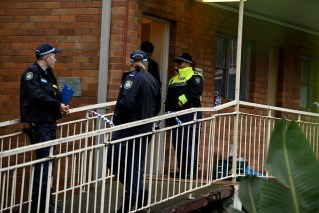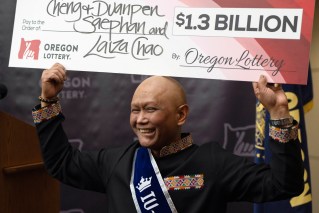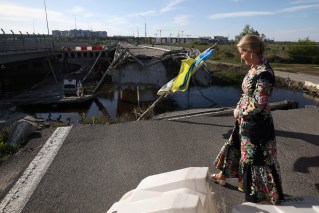Paul Bongiorno: More than smoke and mirrors needed for Australia’s challenges


The firestorm that hit Canberra in 2003 destroyed 500 homes and killed four people. Photo: Getty
Millions of Americans in the north-west of the United States are still reeling from the unprecedented catastrophic wildfires that for weeks rendered the pandemic a second order issue.
The eerie red skies and midnight darkness at noon were a traumatic reminder of last summer in large areas of south-east Australia.
New Year’s Eve in the national capital began days of fog-like choking smoke, with ochre skies threatening a repeat of the 2003 Canberra bushfires.
In the US, President Donald Trump, like climate change deniers here, blamed “poor forest management” and “arsonists”.
Democratic challenger Joe Biden called out the President’s comments as those of a “climate arsonist”.

Democratic presidential candidate Joe Biden is promising a suite of measures addressing climate change. Photo: AAP
Mr Biden is taking to the American people the most comprehensive suite of climate change measures, promising world leadership, tariffs and other penalties for countries that are laggards in goals set to constrain global warming.
He is similarly being guided by the science in promising much more urgent action in dealing with the lethal pandemic that has claimed 200,000 American lives.
In Australia, our response to these gravest of challenges is very much a mixed bag.
Under the leadership of the Prime Minister, premiers and territory chief ministers, the pandemic has imposed a steep learning curve, but the medical science was sought and not ignored, let alone ridiculed.
We are now coming up to a federal budget in two weeks’ time that will set the direction for an economic recovery. But will it continue to be based on more reality rather than ideology?
As Michael Pascoe’s analysis in The New Daily on Monday showed, while Treasurer Josh Frydenberg is promising to unleash an “astounding” amount of spending, the announcements are likely to be much more impressive than when the money is likely to be spent.
At risk is the fairness of the income support for up to three million Australians who have received wage subsidies through JobKeeper or unemployment benefits through JobSeeker.
Here the omens are not particularly optimistic, with Scott Morrison flagging repurposing federally funded agencies away from renewables to promoting the fossil fuels of gas and coal.

Scott Morrison is banking on a gas-led recovery. Photo: AAP
Mr Morrison was taking a leaf out of his predecessor Tony Abbott’s book.
The Abbott government had a policy of expunging the word from federal documents and discussion.
While at least the Morrison government, unlike the Trump administration, has not withdrawn from the Paris Climate Agreement, on Sunday the PM refused – three times – to commit to the target of net zero emissions by 2050.
That is just 30 years away and scientists are warning the planet is rapidly running out of time to avert catastrophic climate change.
Some are saying it is too late already; no doubt another summer like that of 2019-20 will reignite voters demands for more urgency and commitment from the government.

Anthony Albanese says Labor’s policies will have a 2050 focus. Photo: AAP
Labor’s resources spokesman Joel Fitzgibbon appears willing to give Mr Morrison the benefit of the doubt – in fact on Monday’s Sunrise he sounded like an apologist for the Prime Minister, his leader not so generous.
Anthony Albanese says all of Labor’s climate policies – yet to be unveiled or indeed agreed on – will have a clear 2050 destination.
“The problem for the government is that it says it has a roadmap without a destination. And that’s a road to nowhere.”
If you take the science seriously, it is a road to ruin.
Paul Bongiorno AM is a veteran of the Canberra Press Gallery, with 40 years’ experience covering Australian politics








